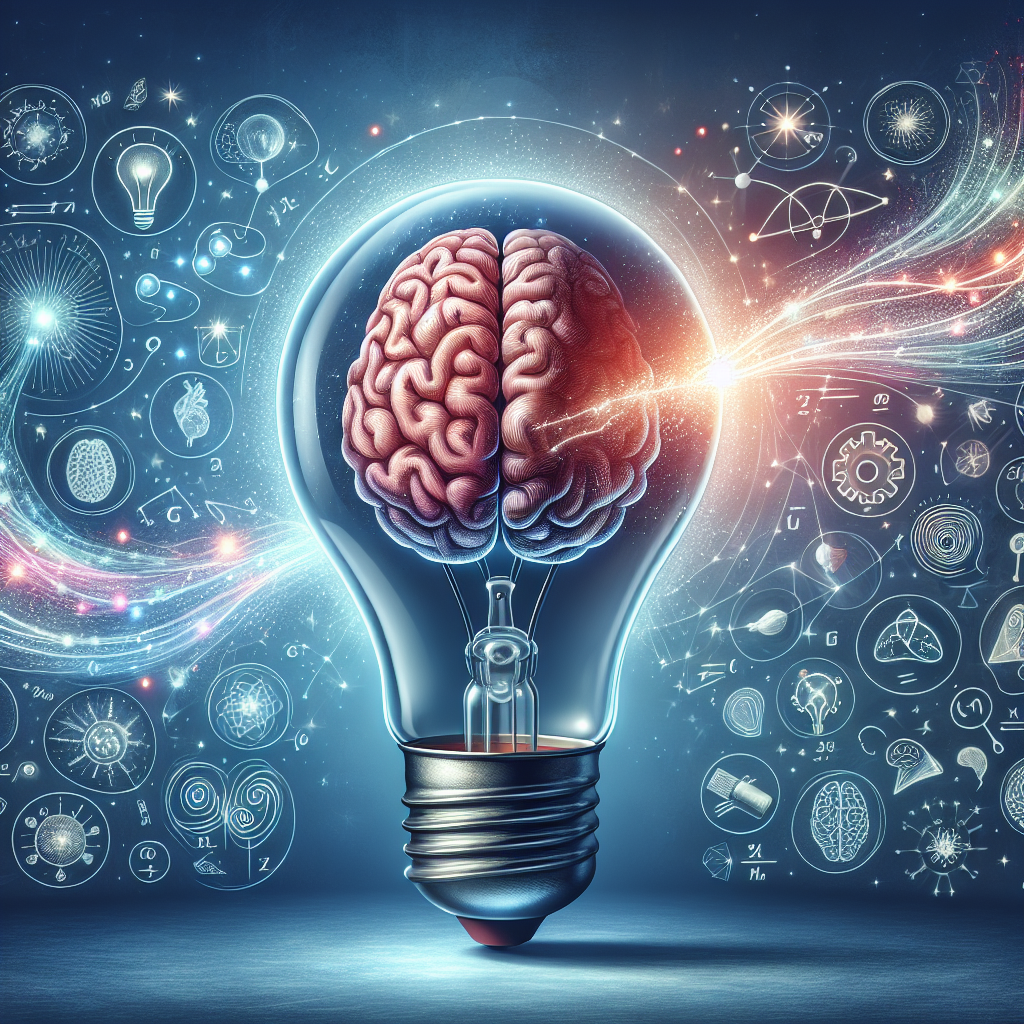In an age of constant distractions, it’s not just about working harder—it’s also about working smarter. Mental clarity and focus are essential for optimizing your daily life, whether at work or in personal endeavors. But what exactly is the science behind them, and how can we achieve greater mental acuity? Let’s dive in.
Understanding Mental Clarity and Focus
Mental clarity refers to the ability to think clearly and make sound decisions without mental fog or confusion. Focus, on the other hand, is the ability to concentrate on a specific task or idea, blocking out distractions. These two cognitive functions are interrelated and play a foundational role in effective problem-solving, creativity, and productivity.
The Neuroscience of Mental Clarity
The brain is a complex organ, and multiple factors contribute to mental clarity. Key areas involved include:
- The Prefrontal Cortex: Responsible for executive functions such as decision-making, planning, and social behavior.
- The Hippocampus: Crucial for memory formation, affecting the clarity of thought by helping you recall relevant information quickly.
- The Amygdala: Part of the limbic system, it processes emotions and can influence how focused or distracted you feel.
Factors Affecting Mental Clarity and Focus
1. Nutrition
Your diet plays a significant role in brain function. Foods rich in antioxidants, healthy fats, vitamins, and minerals can enhance cognition. Consider including the following:
- Omega-3 Fatty Acids: Found in fish like salmon, these are vital for cognitive function.
- Antioxidant-Rich Foods: Berries, dark chocolate, and leafy greens can help protect brain cells from oxidative stress.
- Hydration: Even mild dehydration can impair cognitive function, making water consumption essential.
2. Sleep
Adequate sleep is critical for mental clarity. During sleep, the brain consolidates memories and removes toxins, enhancing cognitive function. Aim for 7-9 hours of quality sleep each night.
3. Exercise
Physical activity increases blood flow to the brain, releases endorphins, and promotes neurogenesis, the formation of new neurons. Regular exercise can significantly improve focus and clarity.
4. Mindfulness and Meditation
Practicing mindfulness or meditation can enhance attention span and mental clarity. These practices help reduce stress and anxiety, creating a mental environment conducive to focus.
Techniques to Enhance Mental Clarity and Focus
1. The Pomodoro Technique
This time management method involves working in blocks of 25 minutes, followed by a 5-minute break. This helps maintain focus while preventing burnout.
2. Prioritization and Planning
Using tools like to-do lists or digital planners can help you prioritize tasks, creating a clearer pathway to achieving them.
3. Environment Optimization
Eliminating clutter and minimizing distractions in your work environment can help improve focus. A clean workspace promotes mental clarity and productivity.
4. Breaks and Downtime
Taking regular breaks allows your brain to refresh, preventing cognitive fatigue and keeping your focus sharp throughout the day.
The Importance of Mental Clarity and Focus in Daily Life
Whether in professional settings or personal life, mental clarity and focus are crucial for several reasons:
- Improved Productivity: Being clear-headed and focused allows you to work efficiently and effectively.
- Better Decision-Making: With enhanced clarity, individuals can make more informed choices.
- Heightened Creativity: A clear mind can produce more innovative solutions and ideas.
- Reduced Stress: A focused approach helps in managing time and tasks, reducing overall stress levels.
Conclusion
Understanding the science behind mental clarity and focus opens doors to personal and professional growth. By recognizing the biological, psychological, and environmental factors that influence these cognitive abilities, you can take proactive steps to enhance them. Prioritize nutrition, sleep, exercise, and mindfulness to create a more focused lifestyle. Remember, a clear mind is a powerful tool for achieving your goals!
FAQs
What is mental clarity?
Mental clarity is the ability to think clearly and make sound decisions without confusion or mental fog.
How does nutrition affect mental clarity?
A balanced diet rich in essential nutrients can enhance cognitive functions and protect brain health, leading to better mental clarity.
Can exercise improve focus?
Yes, regular physical activity improves brain function by increasing blood flow and promoting the growth of new neurons.
What techniques can I use to improve focus?
Techniques like the Pomodoro Technique, prioritization, mindfulness, and environmental optimization can significantly improve focus.
How much sleep do I need for optimal mental clarity?
Most adults require 7-9 hours of quality sleep each night for optimal mental clarity and cognitive function.





